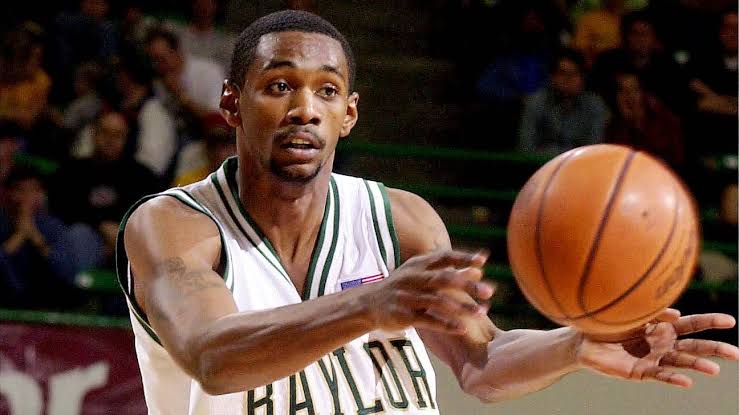The old gym echoed with the sound of basketballs pounding against hardwood. Twenty-five years had passed since Marcus “Ace” Franklin had ruled these courts. Back then, he was a star—a high school phenom with a college scholarship in hand and NBA dreams in his eyes. But all of that changed on a hot July night in 2000.
That was the night Andre Vickers was found shot in a back alley behind the gym, clutching a crumpled betting slip and Marcus’s jacket.
The trial was fast. The evidence was circumstantial, but Marcus’s reputation as a cocky upstart with a temper didn’t help. The prosecution painted him as a rising star gone rogue, and the defense couldn’t counter the mounting whispers. In less than a week, Marcus was sentenced to life in prison.
—
Miles away, in a mid-level corporate cubicle, Clara Vickers—the sister of the slain Andre—was living a quiet life as a compliance officer at a pharmaceutical giant. She never quite believed Marcus had done it. Her brother had been into shady dealings: illegal bets, backroom games, people he shouldn’t have owed money to. But her grief muted her doubts.
That changed when she stumbled onto something buried deep in a folder she wasn’t supposed to see.
Emails, payments, memos. A string of correspondence between her company and a local “sports investment group” showed that one of their former execs—now long retired—had been funneling funds to cover illegal gambling debts. And one of those payments was made the week before Andre was killed… to a man named Theo Jasper. A name she remembered from the trial as a “concerned witness” who placed Marcus at the scene.
Clara filed a report with the SEC. She expected due process. Instead, she was put on leave. Her badge was revoked. A week later, her apartment was broken into. The message was clear.
—
The news broke quietly: *Marcus Franklin granted parole after 25 years amid questions of witness credibility.*
It didn’t make headlines. No cameras. Just one worn man stepping out into daylight.
Marcus had heard about the whistleblower. A woman who’d risked everything to bring the truth into focus. He didn’t know her name yet, but he knew someone had finally believed him.
He walked past the old gym, now covered in graffiti and city-funded murals. Kids played pick-up games on the cracked pavement outside. He didn’t stop. The game had moved on without him.
—
Clara watched from a distance. She hadn’t expected to see him released. She just wanted someone to look. But watching him step out, head held high, she felt a tremor of vindication. And fear.
A few days later, Marcus found her.
“You’re Andre’s sister,” he said, sitting down across from her in the dim café.
She nodded. “I never thought you did it. Not really.”
He nodded back. There was a long silence.
“They’ll come after you,” he said. “They don’t like when people stir the mud.”
“I know,” Clara replied. “They already have.”
He looked at her with something between gratitude and regret. “Then we both lost 25 years.”
—
They didn’t become friends. But they shared something few others could understand: the weight of truth in a world that prefers shadows.
Marcus never made it to the NBA. He coached local kids instead. Clara never got her job back. But she started a non-profit for whistleblowers, backed anonymously by a fund started under Marcus’s name.
